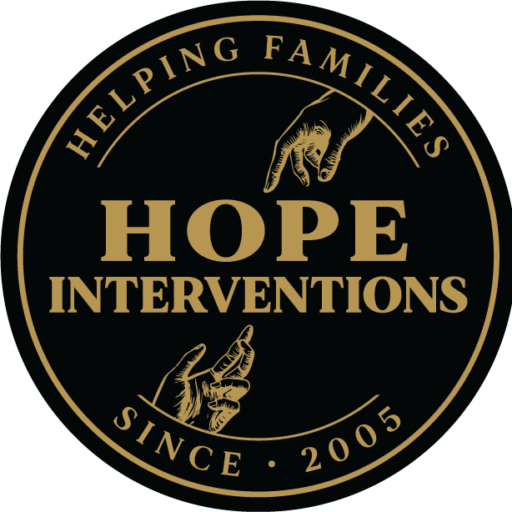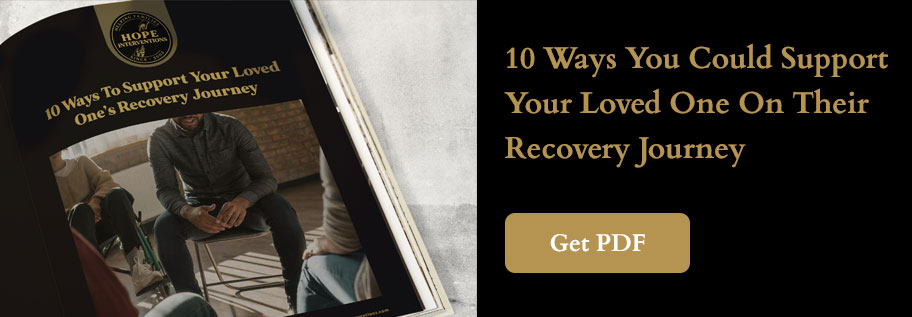Recovery is not a journey anyone should walk alone. Whether someone is facing challenges with mental health, drug use, or alcohol addiction, support groups provide connection, accountability, and hope. But with so many options available, families often ask: “How do we find the right support group?”
This guide will walk you through the different types of support groups, where to find them, and how to choose the best fit for yourself or a loved one.
Why Support Groups Matter in Recovery
Support groups are safe spaces where people share experiences, challenges, and victories. They provide:
- Emotional support from people who understand.
- Accountability to stay committed to recovery.
- Education on coping strategies and relapse prevention.
- Community that reduces feelings of isolation and shame.
Whether in person or online, these groups can be a lifeline for individuals and families.
Types of Support Groups
- 12-Step Programs
- Examples: Alcoholics Anonymous (AA), Narcotics Anonymous (NA).
- Focus: Spiritual and peer-based recovery with structured steps.
- Examples: Alcoholics Anonymous (AA), Narcotics Anonymous (NA).
- Non-12-Step Programs
- Examples: SMART Recovery, LifeRing.
- Focus: Science-based, self-empowerment, and behavioral strategies.
- Examples: SMART Recovery, LifeRing.
- Mental Health Support Groups
- Examples: National Alliance on Mental Illness (NAMI) groups.
- Focus: Conditions like depression, anxiety, or bipolar disorder.
- Examples: National Alliance on Mental Illness (NAMI) groups.
- Family & Loved Ones’ Groups
- Examples: Al-Anon, Nar-Anon.
- Focus: Helping families cope, set boundaries, and heal together.
- Examples: Al-Anon, Nar-Anon.
- Online Support Groups
- Virtual meetings, forums, and communities that offer 24/7 access for those unable to attend in person.
How to Find a Support Group
1. Start Locally
- Search community health centers, hospitals, or churches.
- Check local treatment facilities for hosted groups.
2. Explore National Organizations
- Alcoholics Anonymous → Meeting locator.
- Narcotics Anonymous → Global meeting finder.
- SMART Recovery → In-person & online groups.
- NAMI → Mental health resources & local support chapters.
3. Look Into Online Options
Virtual groups provide flexibility for those in rural areas or with busy schedules. Many organizations now offer Zoom-based meetings.
4. Ask for Professional Referrals
Interventionists, therapists, and treatment centers often maintain connections with trusted local and national groups.
Tips for Choosing the Right Group
- Match needs with focus: Alcohol, drugs, or mental health-specific.
- Consider format: 12-step vs. non-12-step, in-person vs. online.
- Try more than one: Sometimes it takes attending a few meetings to find the right fit.
- Look for inclusivity: Groups should feel safe, supportive, and welcoming
The Benefits for Families Too
Recovery isn’t just about the individual—it’s about the family. Groups like Al-Anon and Nar-Anon help families process emotions, stop enabling behaviors, and learn how to support their loved one in healthy ways.
Conclusion
Finding the right support group for mental health, drug, or alcohol recovery can make all the difference. These groups provide community, accountability, and encouragement that fuel long-term healing.
At Hope Interventions, we guide families not only through the intervention process but also toward ongoing resources like support groups that sustain recovery for everyone involved.

